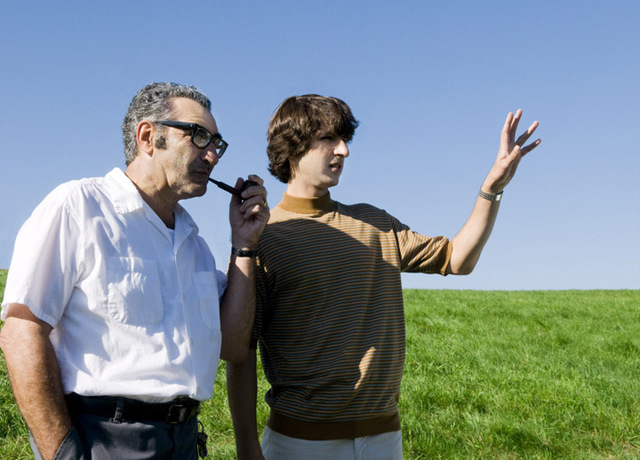Film Review: Taking Woodstock
Ang Lee Gets Groovy In An Evocative, Occasionally Scattershot Biopic


this will be a shining sea of Port-a-Potties.
Latest Article|September 3, 2020|Free
::Making Grown Men Cry Since 1992


this will be a shining sea of Port-a-Potties.